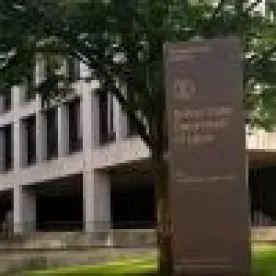Changes to the white collar exemptions under the Fair Labor Standards Act (“FLSA”) are coming slowly. Very, very slowly. Back in May 2016, under the Obama Administration, the Department of Labor issued a Final Rule updating the regulations for the FLSA’s minimum wage and overtime executive, administrative, and professional exemptions. That rule would, among other things, have increased the minimum salary required for most employees within these exemptions from $455 a week ($23,660 a year) to $913 a week ($47,476 a year). In November 2016, a federal judge in Texas enjoined that regulation just nine days before it was to go into effect.
In July 2017, the Department issued a Request for Information seeking public comment on a whole series of questions relating to whether and how the Department should update the existing regulations, which have been on the books since 2004. Those questions include such topics as whether and how to revise the salary threshold, whether to differentiate salary levels based on geographic or other criteria, and whether to even have a salary requirement at all.
The Department’s semi-annual regulatory agenda indicates that the current plan is to issue a Notice of Proposed Rulemaking regarding these exemption regulations in or about January 2019. That date has slipped before, and it may well slip again.
Apparently feeling that it does not yet have sufficient information to be able to make an informed decision about what it should say in the proposed regulations—notwithstanding the more than 214,000 comments received to date in response to the 2017 Request—the Department has announced a series of five “listening sessions” to be held in September in Atlanta, Seattle, Kansas City, Denver, and Providence. According to the Department’s press release, “[t]he Department plans to update the Overtime Rule, and it is interested in hearing the views of participants on possible revisions to the regulations.”
Employers interested in letting their views be known to the Department in connection with this rulemaking are may register for one or more of these two-hour sessions. There is no charge to attend, but the Department requires registration. Given the nature of this type of gathering, it seems unlikely that the Department will provide any insights into where the rulemaking may be headed. Instead, the purpose seems to be for the public to express its views and for the Department to take note of those views.
If you are interested in attending, please click here for the Department’s registration link.




 />i
/>i


